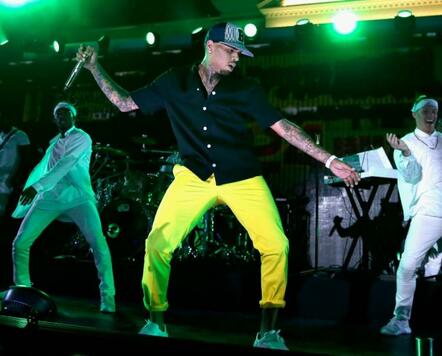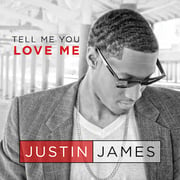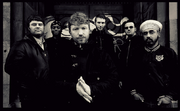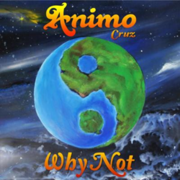New York, NY (Top40 Charts) A study from the University of Colarado has found that brands and advertising are creeping into music at all levels of the creative process, causing your favourite songs and music videos to become more like advertisements. Analysing the top 30 songs on the Billboard charts each year from 1960 to 2013, researcher
Storm Gloor found that there were 1,544 brand mentions in lyrics of popular songs in the 53 year stretch. What's surprising, however is that half of these occurred between 2000 and 2010. In fact, in 2010, 1.8 per cent of the words in lyrics could be considered branding. While that might seem small, that's nearly double the percentage 25 years earlier. In 2006, two-thirds of songs in the study included at least on branding reference.
There's a lot of money changing hands to get these mentions into our music. Every song that you listen to that mentions a brand, there's quite possibly a deal - or a hope for a future deal - that has engineered that appearance.
Some executives have shone some light on the process, however, although it's mainly in cases where the brand's presence in an artist's lyrics are so blatant it's hard to ignore.
Chris Brown's 2007 hit "
Forever" is one such song. The lyrics give a nod to the slogan of Wrigley's
Double Mint gum in its chorus: "Double your pleasure /
Double your fun and dance."
Almost a year later, Wrigley's confirmed that the song was actually part of a cleverly orchestrated branding move, conceived by a former senior executive at Interscope Record, Steve Stoute. According to the Wall Street Journal, the idea was to familiarise consumers with the brand via the song in advance of releasing a commercial jingle, also performed by Brown, which carries the same tune.
Wrigley's executives would not reveal to the Wall Street Journal how much they paid for the song, but it's pretty clear that the music industry is willing to compromise an artist's creative process to satisfy a potential branding partner.
While Brown's single is an extreme case, it's not the only case by any stretch.
In 2002, Fortune shared details from a Sony
Music memo in which the company "blatantly offers to include product plugs in the lyrics of an upcoming album by boyband B2K" and that the offer would be extended on behalf of most of their pop acts. Gloor's study discussed a similar leaked email from 2008, where the Kluger Agency revealed how "a certain brand of jeans could, for the right price, 'find its way into the lyrics of an upcoming
Pussycat Dolls song'."
"If
Michael Jackson was making 'Thriller', he would do this too," Troy Carter, Lady Gaga's manager, told Advertising Age in an interview about her product placement packed video for Telephone. "These million-dollar music videos have to have partners to be produced."
While there's a clear benefit to both artists and advertisers for these partnerships, there is a fine line between selling a partnership and selling part of a song's message. The danger for artists is that if such product placement continues, creativity could suffer and we could see a day where music is simply another form of advertising.
























